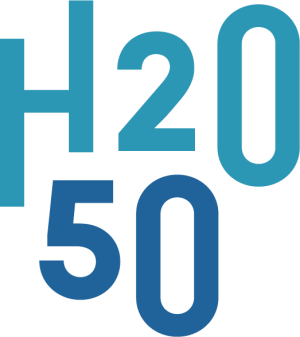Farmers and supermarkets are generally at odds with one another. The price for the purchase and sale of agricultural products is a source of fierce dispute. The trust between the two parties is delicate. Supermarkets have charters and labels that promote sustainability, but these often also impose extra rules (and therefore costs) on farmers. Then the tensions over price and pay can flare up again. How do we break this vicious circle and restore trust between all parties?
Supermarkets can guide consumers in their purchasing habits. A customer who believes that a supermarket is heading in an unsustainable direction is one of these triggers, and appears to work. Propose a brand new charter or label that can embody that renewed confidence. An agreement between the supermarkets and farmers to levy a “tax” on non-certified products, which cannot therefore be trusted as being truly sustainable, which are sold on Belgian (or Flemish) territory, and transfer the proceeds to a fund. Certified products purchased by consumers are exempt from this tax. The proceeds are redistributed from the fund to the certified producers in order to reward sustainability. Best half mechanisms are a variation of this. Here, only the best half of the suppliers are financed from the fund. To be eligible for the fund, you therefore have to be in the best half. That creates a race to the top, instead of the usual race to the bottom.
What would such a charter, with its associated pricing mechanism, look like in practice? What financial experts can develop this system further? What supermarkets and farmers want to be the pioneers in it?
Download all catalysts
Disclaimer
The Flemish Environment Agency (VMM), De Vlaamse Waterweg, De Watergroep, Aquafin, the Flemish Department of Environment, Farys, Pidpa, water-link and VITO - Vlakwa have created the space for a group of fresh thinkers to develop a systemic view of water, and to challenge the water sector to shape a futureproof water system. The formulated ideas are not those of the initiators, nor do they represent their stands. However, they are considered valuable as an inspiration for the future of our water system.
This work is licensed under a Creative Commons Attribution 4.0 International License.
